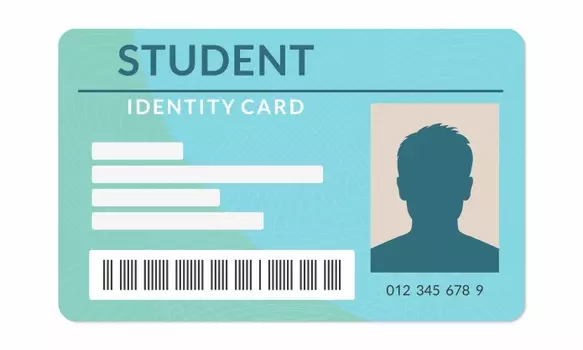Preparing your child for the challenges of university
It was a beautiful afternoon in December. A middle-aged man, driving a silver Audi A4, found a parking space at my University campus (which is remarkable in and of itself). He exited the car and looked, well, a lot like me. He was dressed in clothes from a Next outlet (his wife probably bought them for him), his hair was thinning, and his face no longer had the glow of youth.
A young man, probably 18 years old but with the look of someone a fair bit younger, exited a nearby building. His walk is a tricky one to describe. On the one hand, there was confidence. The confidence of a person who knew that they had achieved something. On the other hand, there was vulnerability. The vulnerability of a person who longed for someone safe to hold onto.
The middle-aged man and the young man embraced with such vigour and emotion that I burst into tears myself. I had a 5-year-old boy at the time and, if I were that middle-aged man, and my child had successfully navigated their way through their first term at University, the relief and pride I’d feel in those moments would be overwhelming.
As I watched this mini-drama unfold in front of me, I was reminded just what a big event University is for a young person. I think we forget this too easily. We forget that being away from loved ones is hard, we forget that students have the difficulties of living with new housemates, we forget that they have to throw themselves into countless other social situations, we forget that they have to cook for themselves and manage their own finances efficiently, we forget that they have the unique pressures of academia, and we forget that all of those things are likely to contribute to poor mental health.
Perhaps it’s no surprise, therefore, that according to the statistics a huge number of university students will struggle with their mental health. Now, if your child is about to begin university (or even if they’re already there), then there are two ways you can respond to the information I’ve just given you.
Firstly, you can try to protect yourself from worrying thoughts and feelings by building a story around how ‘your child will be fine’. This isn’t the route I’d advise, because this route is the equivalent of you burying your head in the sand. Secondly, you can reclaim some control by preparing your child psychologically for the adventure ahead.
“But how do I do this?” I hear you ask. Well, you’re in the right place. Below, based on some of the content from my book (The Unbreakable Student), I list some things you may want to consider doing:
- Normalize suffering. If students go into university knowing that there are going to be hard times, then when those hard times comes along, they won’t think they’re abnormal for having them.
- Make them aware of avoidance. When people have thoughts and feelings they don’t like, they try to get rid of them, and often this means doing things that are not good for long-term mental or physical health (excess alcohol as an example). If you can let your child know that unwanted thoughts and feelings are not the enemy, but a necessary part of being a human being, then perhaps they can learn to continue with effective action while taking their discomfort with them.
- Try some mindfulness. Practicing mindfulness will help your child to slow down the automatic way that unwanted thoughts and feelings can translate into unhelpful avoidance behaviours. Becoming more aware and non-judgementally accepting of our thoughts and feelings is a good step to having a healthy relationship with our inner world.
- Practice healthy behaviours. Psychologically healthy people tend to connect with others, exercise, give to others, embrace the moment, challenge themselves and self-care. If you can teach your child about the importance of these behaviours, then they will have more space on their plate for any discomfort that comes along.
- Train them in self-compassion. Your child, like everyone, is going to mess up. When that happens, relentless self-criticism is going to do them no favours. Self-compassion involves treating ourselves with kindness and forgiveness. If your child can do that then it will allow them to bounce back more quickly after they have let themselves down.
I’m not saying that those five points are a guaranteed way to avoid mental health troubles, as there’s no magic pill for such a thing. However, those things are good ground to cover for the parent who’s justifiably terrified of watching their child leave for university. And if you think that your child won’t be responsive or open to such a conversation (which is very possible), then my book may just do the trick for you.
Dr Nic Hooper (@nichooper7) is an expert in clinical psychology and a senior lecturer at the University of the West of England in Bristol. He has authored many scientific articles, book chapters and books including The Acceptance and Commitment Diary (published annually) and The Research Journey of Acceptance and Commitment Therapy. Nic is also a co-director of Connect, which is an organization that offers a psychological wellbeing curriculum for primary school children. In 2017, inspired by his students, Nic began to write a book of life advice to his son, Max, which was to be given to him on his 18th birthday. Over time, that book slowly transformed into The Unbreakable Student.




